Mango in the Philippines: A Tropical Treasure
The Philippine mango is renowned for its exceptional sweetness and vibrant flavor, making it a beloved fruit both locally and globally. This article explores the significance of mangoes in the Philippines, from their cultivation and varieties to their cultural and economic impact.
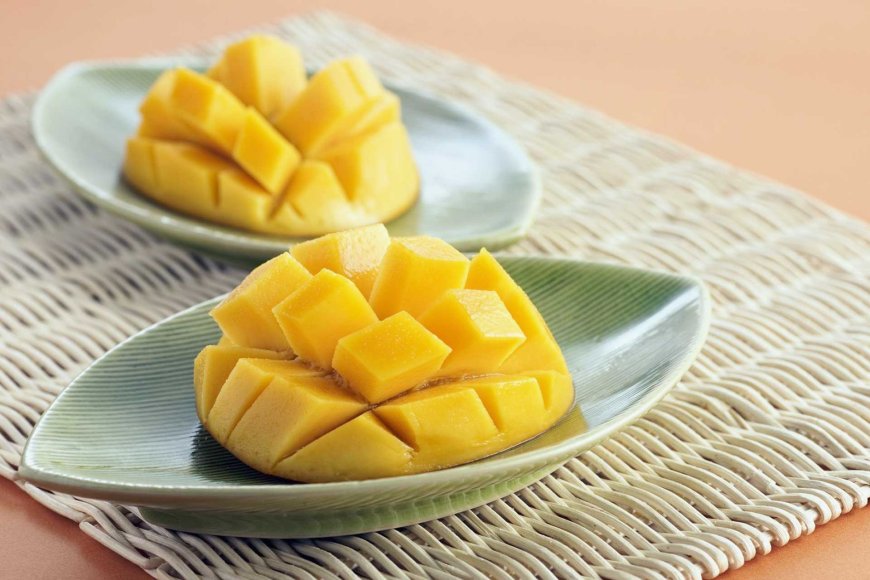
The Sweet Symbol of Filipino Pride
Among the Philippines' many agricultural treasures, the mango stands out as a symbol of Filipino pride. Known for its sweetness, juiciness, and vibrant flavor, the Philippine mango has captured the hearts and taste buds of people worldwide.
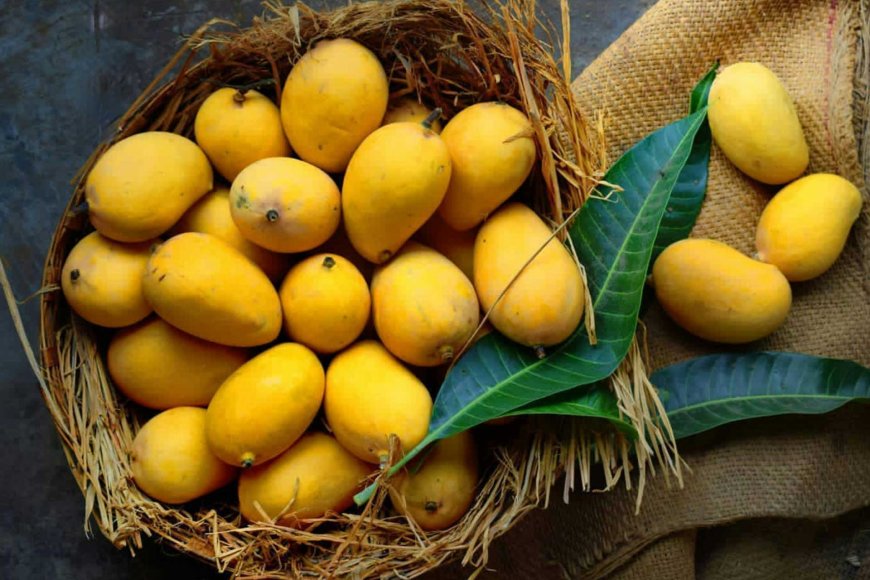
The Golden Fruit
The Philippine mango, referred to as "Mangga" in the local language, comes in several varieties, each with its unique characteristics. The most famous variety is the Carabao mango, also known as the Manila mango. Renowned for its unparalleled sweetness, smooth flesh, and minimal fiber, the Zambales Carabao mango is celebrated globally and has earned a place in the Guinness World Records as the sweetest mango in the world. Other notable varieties include the Piko and the Katchamita (Indian mango), which are less sweet but equally popular for their distinct flavors.
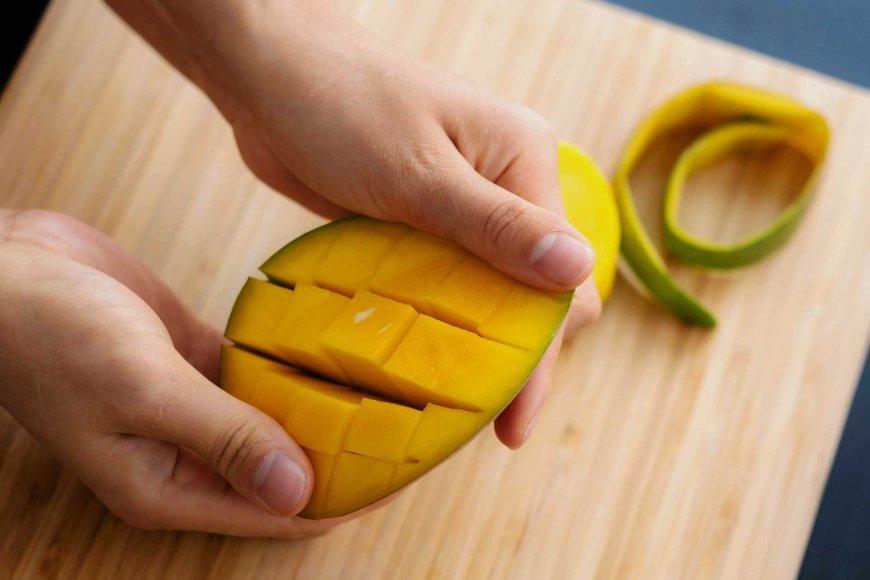
Ideal Growing Conditions
The tropical climate of the Philippines, with its warm temperatures and distinct wet and dry seasons, provides the perfect environment for mango cultivation. The country’s rich, well-draining soils, abundant rainfall, and ample sunshine contribute to the exceptional quality of its mangoes. Regions such as Guimaras, Zambales, and Pangasinan are particularly renowned for their mango orchards. Guimaras Island, often dubbed the "Mango Capital of the Philippines," produces mangoes that are highly sought after for their exquisite taste and quality.
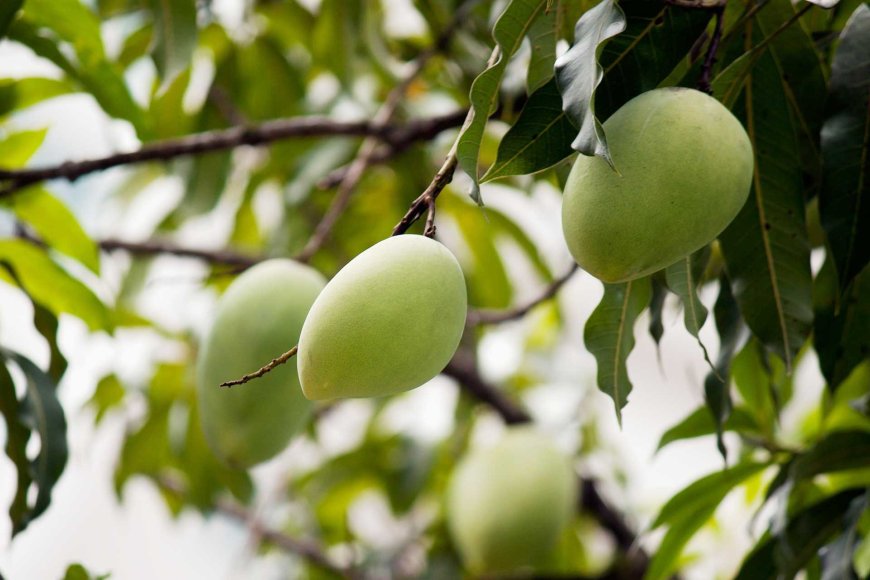
Cultivation and Harvesting Practices
Mango cultivation in the Philippines involves a combination of traditional and modern farming techniques. Farmers meticulously tend to their orchards, ensuring that the trees receive adequate care throughout their growth cycle. Pruning, fertilization, and pest management are crucial practices to maintain healthy trees and high fruit yields. The flowering of mango trees typically begins in December, with the fruit maturing and ready for harvest by March to May. Harvesting is often done manually, with workers carefully picking the ripe mangoes to avoid bruising and damage.
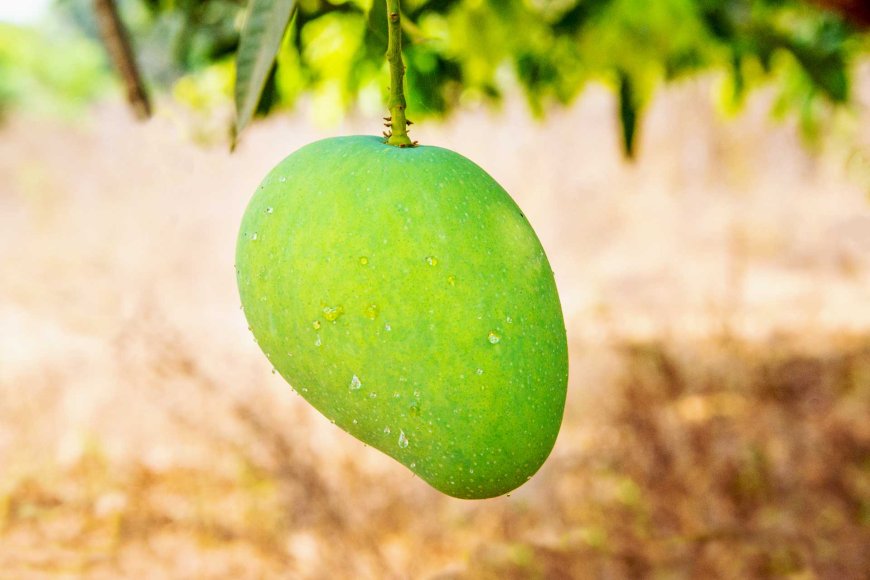
Mangoes in Filipino Cuisine
Mangoes hold a special place in Filipino cuisine, where they are enjoyed in various forms. Fresh mango slices are a popular snack, often served with a sprinkle of salt or chili powder for an extra kick. The fruit is also a key ingredient in many traditional Filipino desserts, such as mango float, a layered no-bake cake made with graham crackers, whipped cream, and ripe mangoes. Another beloved treat is the mango sago, a refreshing dessert made with mango puree, tapioca pearls, and coconut milk. Mangoes are also used in savory dishes, adding a touch of sweetness to salads, salsas, and even grilled meats.
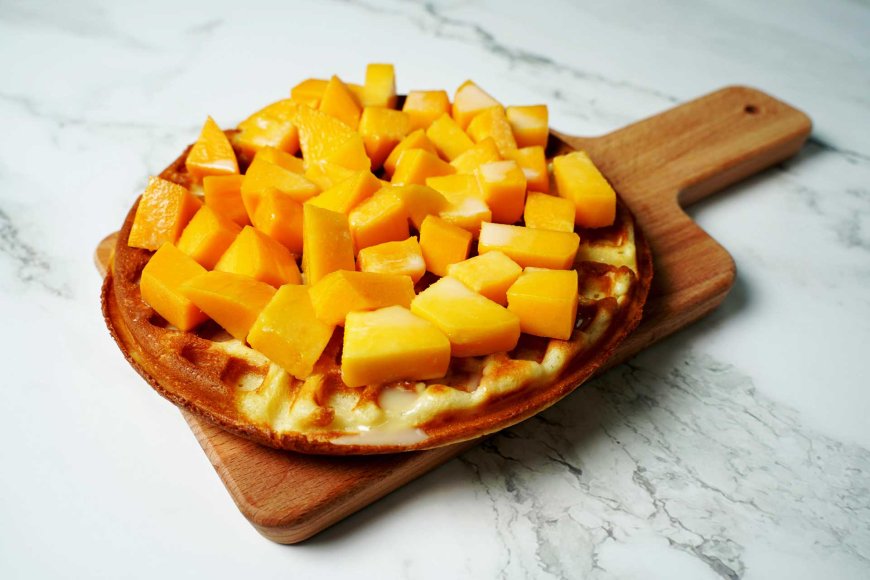
Cultural Significance and Festivals
Mangoes are deeply embedded in the cultural fabric of the Philippines. The fruit is often associated with abundance, prosperity, and the warmth of the Filipino spirit. Various festivals across the country celebrate the mango harvest, the most notable being the Manggahan Festival in Guimaras. Held annually in May, the festival features a variety of activities, including mango eating contests, street dancing, and agricultural fairs, all centered around the beloved fruit. These celebrations not only highlight the importance of mangoes in Filipino culture but also promote tourism and local businesses.
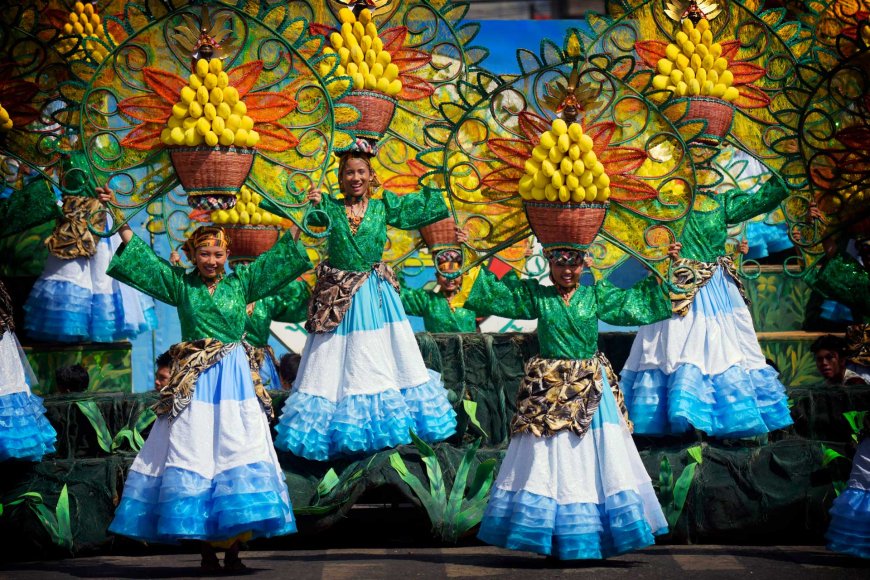 Credit: Ranieljosecastaneda
Credit: Ranieljosecastaneda
Economic Impact and Export
Mangoes play a significant role in the Philippine economy, both as a source of livelihood for farmers and as an export commodity. The country is one of the top mango producers in the world, with a substantial portion of its harvest exported to countries such as Japan, South Korea, Hong Kong, and the United States. The demand for Philippine mangoes in the international market continues to grow, driven by their superior taste and quality. This burgeoning export market provides economic opportunities for farmers and contributes to the country’s agricultural development.
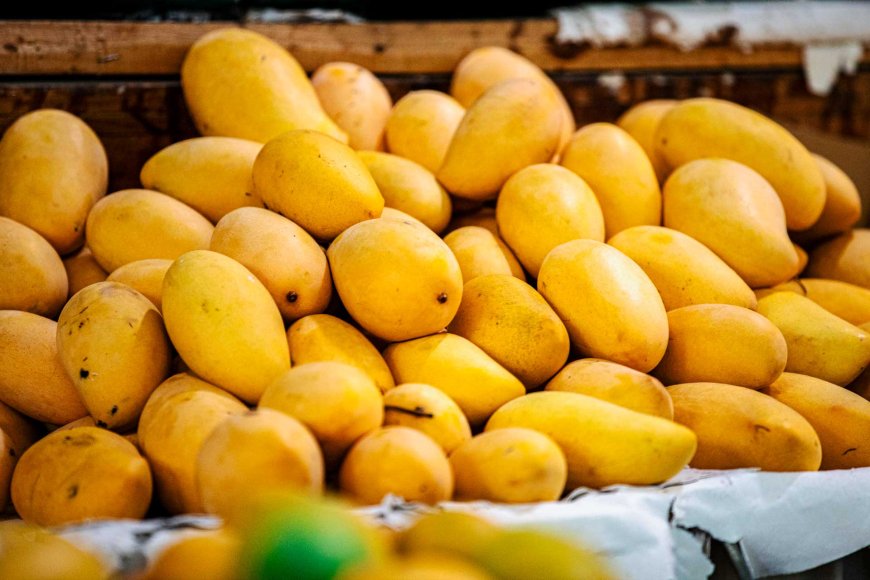
Challenges and Future Prospects
Despite the many successes, the mango industry in the Philippines faces several challenges. Climate change, pests, and diseases pose significant threats to mango production. Efforts are being made to address these issues through research and the implementation of sustainable farming practices. Innovations in post-harvest technology and the development of value-added products, such as dried mangoes and mango puree, also offer promising avenues for growth. With continued investment and support, the Philippine mango industry is poised to thrive and maintain its reputation for producing the world’s finest mangoes.
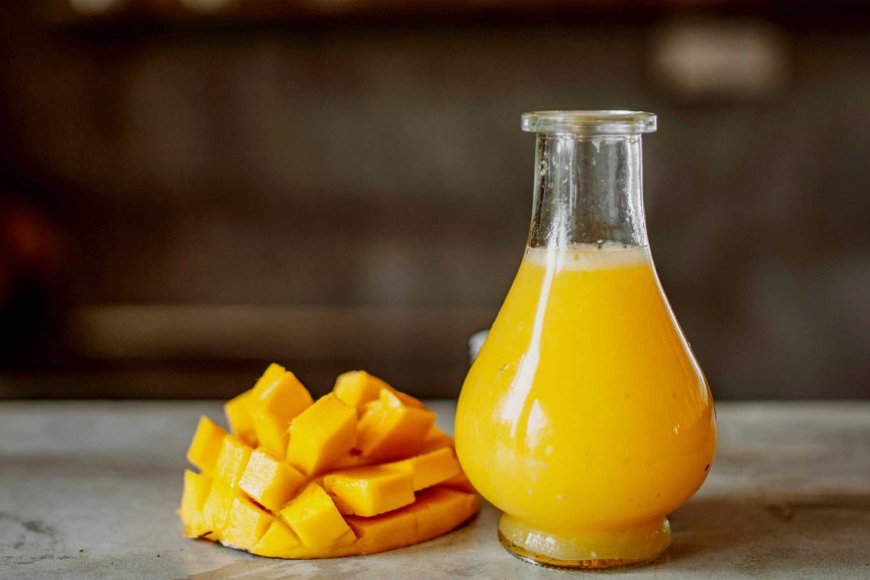
A Fruit That Embodies the Heart and Soul of the Philippines
The mango is more than just a fruit in the Philippines; it is a symbol of the nation’s agricultural heritage, cultural richness, and economic potential. From the fertile orchards of Guimaras to the bustling markets of Manila, the mango continues to captivate and delight. Its sweet, succulent taste serves as a reminder of the bountiful blessings of the Philippine islands, making it a true tropical treasure.
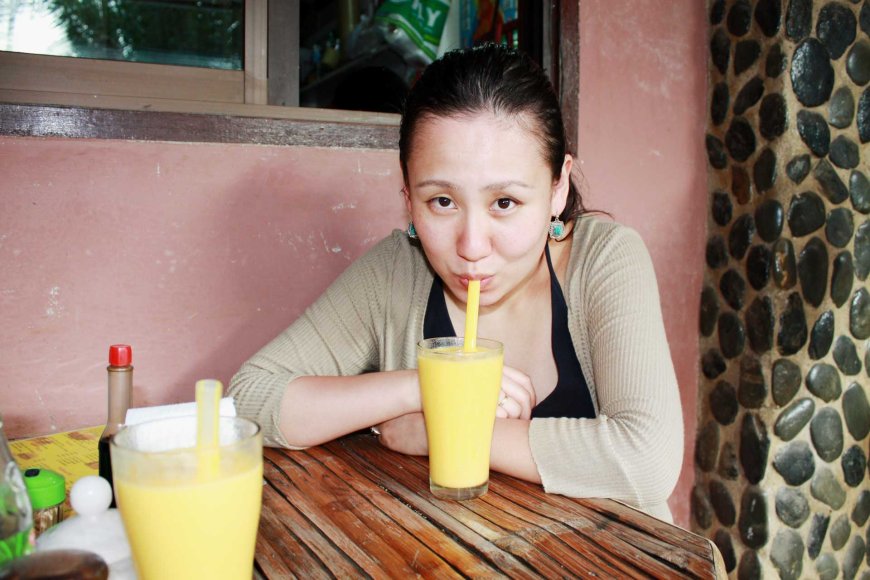
Find Cheap Flight Tickets to any Destinations in Japan and the Philippines
Nipino.com is committed to providing you with accurate and genuine content. Let us know your opinion by clicking HERE.































































